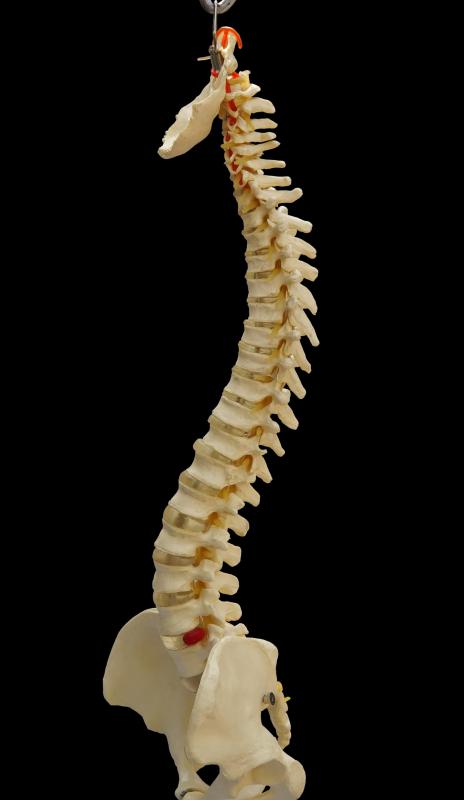At TheHealthBoard, we're committed to delivering accurate, trustworthy information. Our expert-authored content is rigorously fact-checked and sourced from credible authorities. Discover how we uphold the highest standards in providing you with reliable knowledge.
What Is Waterhouse-Friderichsen Syndrome?
Waterhouse-Friderichsen syndrome is a very severe form of meningococcal septicemia. It's characterized by hemorrhaging into the adrenal glands, causing them to fail. The syndrome is caused by a severe bacterial infection, most commonly by a severe meningococcal infection. Children and adolescents have the highest risk for this disease, but adults also can be affected. This condition is life-threatening and requires prompt medical attention.
The early symptoms of Waterhouse-Friderichsen syndrome are fever, a bad headache, vomiting, changes in mood or mental status and rigor, which is shaking caused by a high fever. As the disease progresses, a red or purplish rash appears, which is often accompanied by low blood pressure. This is the beginning of what's called septic shock, which can progress very rapidly. Septic shock is a medical emergency. It's caused by a severe overwhelming infection, which is most often bacterial but also can be caused by a systemic fungal infection or, in rare cases, by a viral infection.

The later symptoms of Waterhouse-Friderichsen syndrome include bleeding into the adrenal glands, causing them to shut down, and blood pressure becoming life-threateningly low. Kidney function is disrupted or stops altogether. Cardiac function also becomes unstable.
A skin rash, called petechiae or purpura, begins to spread very quickly. This rash includes red or purple discolorations of the skin that don't become paler when pressure is applied to them. Both are caused by bleeding under the skin as a result of some kind of overwhelming infection. The main difference between the two is that petechiae are very small dots, whereas purpura are larger and often look like bruises. They can appear anywhere on the body, and they usually come out in clusters.

Waterhouse-Friderichsen syndrome can be caused by any severe bacterial infection, but it's most commonly caused by a meningococcal infection, also known as meningitis. Meningococcal meningitis causes the meninges, the membranes that cover the spinal cord and brain, to swell and become inflamed. The bacteria most commonly associated with this condition is Neisseria meningitidis, also known as meningococcus.

The times of the year that meningococcal meningitis is most common are spring and winter. It's highly contagious and can be easily transmitted to persons in close contact, such as school students, military personnel and children and workers in daycare centers. Testing for this disease involves a lumbar puncture, commonly called a spinal tap. Spinal fluid is extracted via a needle and collected in a syringe, then tested in a laboratory for infection.
AS FEATURED ON:
AS FEATURED ON:















Discuss this Article
Post your comments